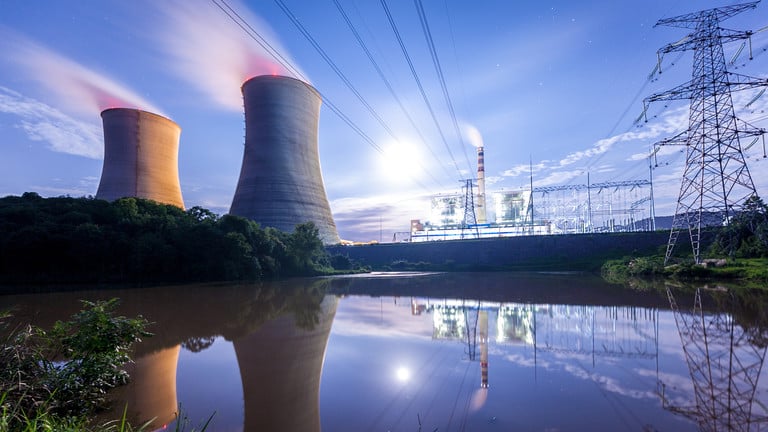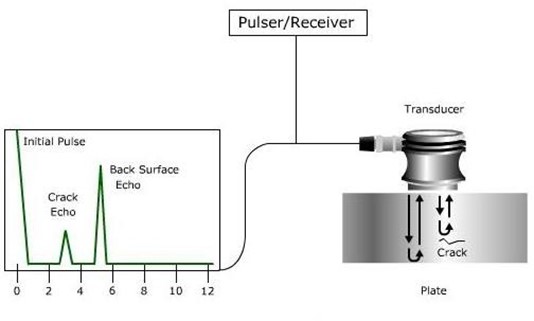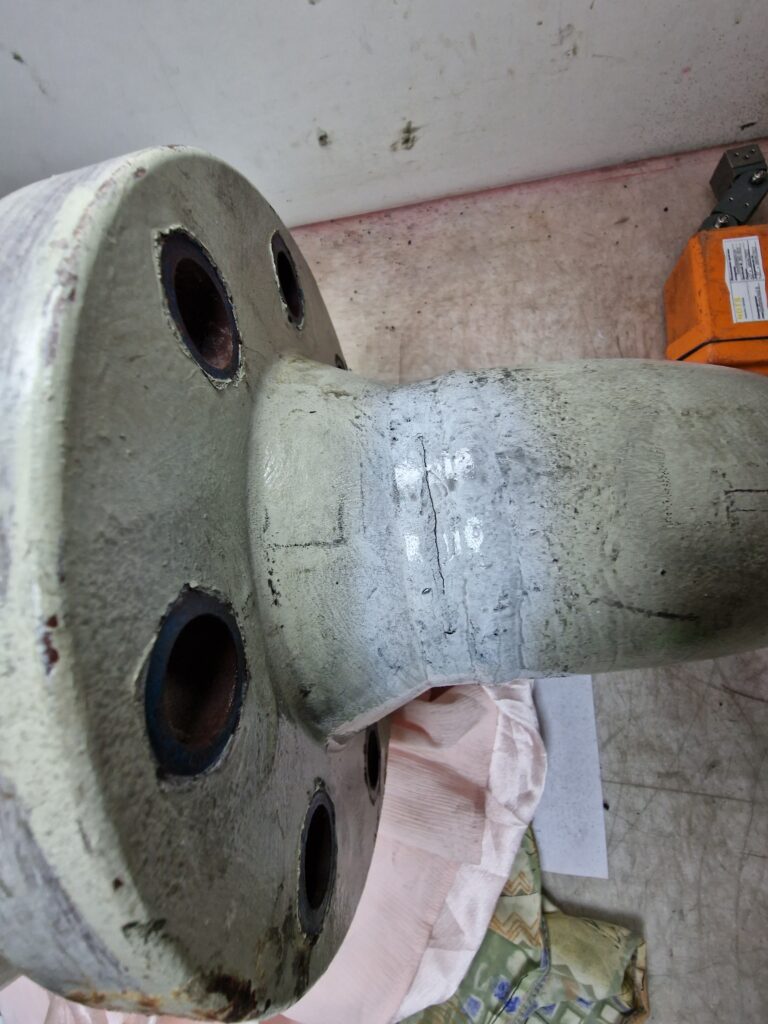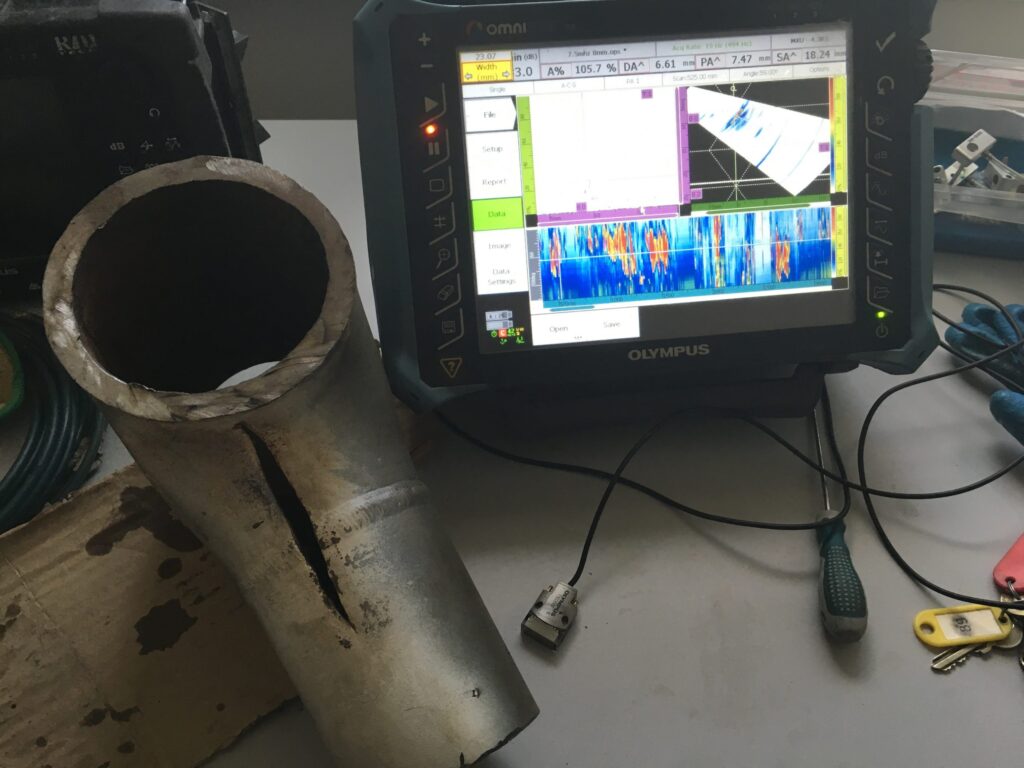EU proposes green label for nuclear & gas

European Commission paves way for investments amid the widespread energy crisis in the region
Brussels has drawn up plans to label some natural gas and nuclear energy projects as ‘green’ investments as part of a landmark EU classification scheme to help financial markets decide which investments are truly climate-friendly.
The EC may propose the regulation as soon as sometime in January, deciding whether gas and nuclear projects will be included in the EU’s ‘sustainable finance taxonomy’, which looms as a list of economic activities and environmental criteria to be met to be labeled as green investments.
According to the draft taxonomy text, seen by Reuters, nuclear power should be recognized as a sustainable economic activity as long as EU countries that host power stations can safely dispose of toxic waste. The projects should also meet a criteria to cause “no significant harm” to the environment, while the construction of new nuclear plants will be recognized as green for permits granted until 2045.
Meanwhile, natural gas investments are reportedly labeled green as a ‘transitional’ energy, if they produce emissions below 270g of CO2 equivalent per kilowatt hour (kWh), replace traditional fossil fuels such as coal generation, and receive a construction permit by the end of 2030.
The labeling scheme is expected to cover industries that generate about 80% of all greenhouse gas emissions in the region. The EC has also made steps to apply the taxonomy to some state funding, meaning the regulations could decide which projects are eligible for certain public finance.
Earlier this year, the EU authorities had to delay a decision on how to classify the two energy sources after disputes inside the college of commissioners over whether they should be awarded the green label. However, the latest spike in prices for electricity across the region has forced Brussels to revive the issue.
To come into force the draft proposal has to be approved by a majority of EU member states and members of the European Parliament.




Responses